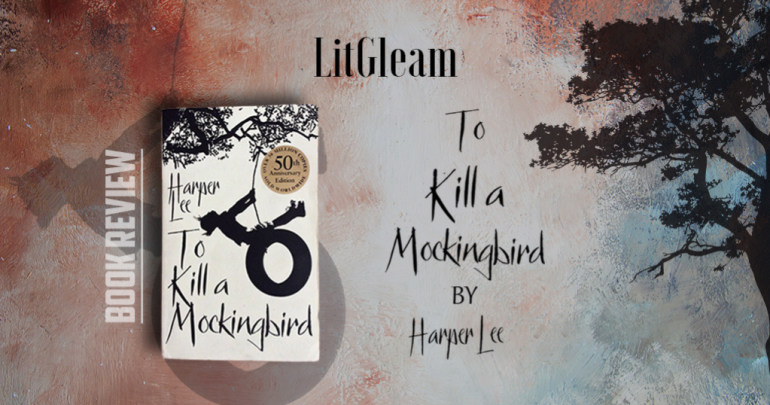“Until I feared I would lose it, I never loved to read. One does not love breathing.”
I believe something similar along these lines can be said for the book “To Kill A Mockingbird” by Harper Lee. However, love would perhaps not be the most fitting adjective I’d employ after leafing through it again. After grasping the societal chains, the concept of privileges and the critique of perception that’s rarely brought forward.
Read: Who is Anupam Mittal? Networth, Business, Investments, and much more…
I’d now rather say how the realisation of ‘To Kill a Mockingbird’ being a literary masterpiece would not have hit the 15-year-old me had I not picked it up unexpectedly. I’d rather say how had I not picked it up again, owing to my forgetfulness, I would have never challenged my own privileged beliefs.
Set in the fictional town of Maycomb, ‘To Kill a Mockingbird’ by Harper Lee is often upheld as a realistic and convincing portrayal of race relations in America. Yet, if read without glasses whose frames have been moulded by certain sections of society, one would readily fathom how the entire book is white-washing of black struggles.
Jean Louise Finch is the protagonist, who is quick-witted, but maintains an unconventional approach towards whatever she is taught as she walks up the stairs of growing old, from six to nine, through the progression of the novel. Her father, Atticus Finch, is a lawyer who has always focused on inculcating empathetic and just values in his children.
Read: Book Review – The Subtle Art of Not Giving a F*ck by Mark Manson.
After a woman named Mayela Ewell is raped, a black man is caught in the false accusations. For him, Atticus, a white man, as it should be, develops a sense of sympathy and thus resolves to defend him despite the threats shooting from all four corners.
Was it his goodwill or was it a want to feel superior fed by his white ego? My re-reading had me stuck in this loop and I reckon you can infer what I inferred.
Moving ahead, Tom is still convicted and later killed.
In a line that parallels Atticus’s remark- “it is a sin to kill a mockingbird”, a character compares Tom’s passing to “the senseless slaughter of mockingbirds”.
Read: Book Review – The Fault in Our Stars a Book by John Green.
What this book does is provide a safe haven for white people to feel comfortable in, for them to take shade beneath the trees meant for underprivileged people. Though one might put forth the factor of the times it was written in, it surely shouldn’t be celebrated in current times as an unconventional piece of literature that supports #BlackLivesMatter.
All it rather does is advocate and propagate the white plus colonial saviour complex, that now emerges as the so-called #AllLivesMatter Movement.
Classic books like ‘To Kill a Mockingbird’ are so often romanticised without a sprinkle of criticism and are further enlisted in educational institutions as these bona fide accounts. What we consign to oblivion is the power structure, while providing much credence to infamous quotes like, “The pen is mightier than the sword”.
And what we so often neglect is those who held a pen in one hand, also held a sword in another as they protected their privileges. It’s confiscation of pens, confiscation of rights, rather than liberation.
Read: Everything thing to know about Shark Tank India Season 2 – Judges, Networth, & more…
It is to be remembered that it should not be the responsibility of the oppressed class to prove themselves “harmless”, instead it’s on us, the privileged people to dismantle the unjustified hatred and prejudices against them.
Furthermore, black people are never handed the mic in this book. We do not come across a real portrayal of emotions by them, except gratefulness towards their saviour-Atticus Finch.
In conclusion, ‘To Kill a Mockingbird’ is a read that should perhaps be on everyone’s to-be-read list and should perhaps be recommended by those who have flipped through its incidents. It should perhaps also be an integral part of educational syllabuses. However, for the sake of understanding which narratives should not be uplifted anymore in society.
Read: Book Review – Rich Dad, Poor Dad a Book by Robert T. Kiyosaki.
Yet the question that emerges is why are we still dependent upon white and privileged narratives to understand the struggles of those we oppress.




